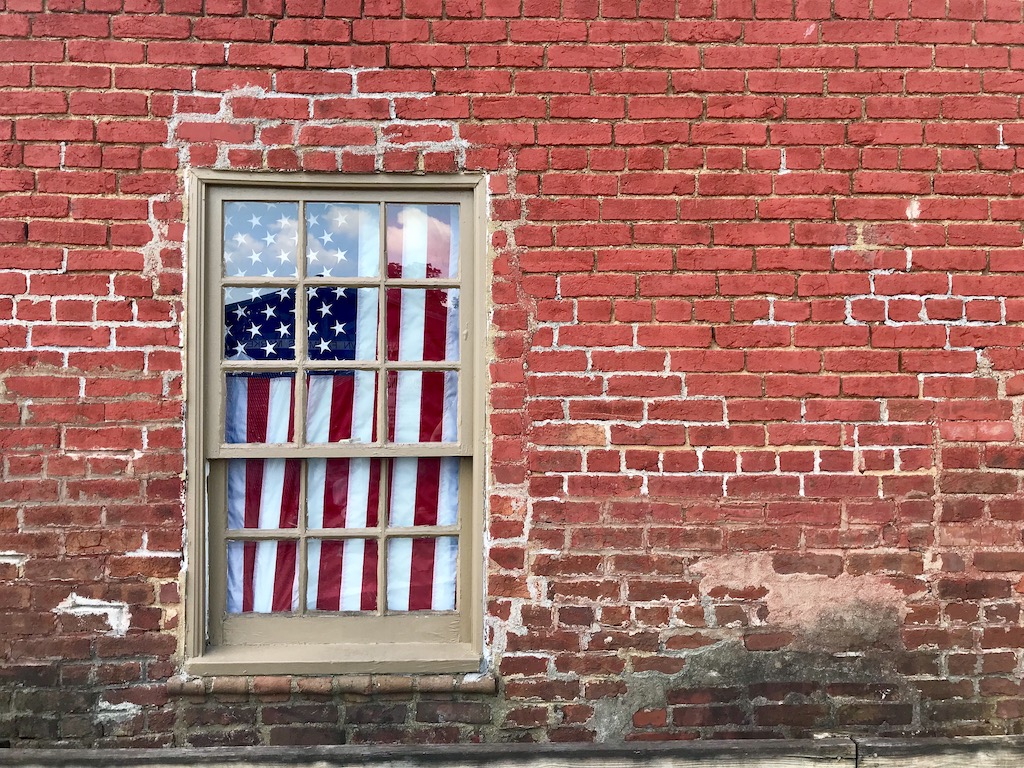The best friend award will not be going to the US and UK this year, at least not at this pace. The British government has been searching far and wide for a new free trade deal with the US since its departure from the European Union in 2020. The problem for the Brits is that President Joe Biden’s administration is moving at a snail’s pace.
The lead-up to the current stalled trade talks can be traced to a 2016 referendum. The United Kingdom held a referendum vote in June 2016 to decide its fate in the European Union. The results shook the world. A majority vote of 51.9 percent was in favor of leaving the European Union, which put the wheels in motion for a major economic transition.
The path to actually leaving the EU was anything but pleasant. The UK had been involved in the EU since 1973. That is nearly 50 years’ worth of agreements and laws tied between the two. Dismantling the economic and political connection was like untangling a box of Christmas lights. It required a great deal of patience and commitment.
With the actual exit from the European Union set to occur in January 2020, the UK government was left to make any economic decision it pleased. UK Prime Minister Boris Johnson had his heart set on a free trade deal with the US. Such a deal would be a major success for his party and the post-Brexit world. Regardless of anyone’s viewpoints on Brexit, Brexit did happened, and the US and UK need to move forward with a mutually beneficial trade deal.
Puzzlingly, President Biden has been clear that “America is back” on the global stage. Biden set out to replace former President Donald Trump’s America First foreign policy approach with a more multilateral policy. Yet, President Biden has left the British people in the dust regarding striking a new trade deal. He is making it clear how he feels about the UK’s decision to leave the EU. President Barack Obama criticized the decision, and Biden is continuing the less-than-enthusiastic attitude toward a post-Brexit UK.
The COVID-19 pandemic has further increased the need for a free trade deal between the US and UK. Consumers and businesses are hurting. From farmers to single parents, the impacts have been tremendous. A free trade deal between the US and UK could open the doors to less red tape and more economic opportunity. A free trade agreement could result in a small farmer having a larger market to sell his or her goods to, a single parent finding more options on the shelves at cheaper prices, and businesses recruiting skilled workers across borders with ease. The restart of the world economy after such a devastating pandemic is going to require a united front among countries. One of the steps the US and UK can take is to make business and trade easier among our nations.
Believe it or not, a trade deal is not just about trades. Powerful foreign policy messages can be sent to the world when major trade agreements take place. If the US and UK struck a strong trade deal, Beijing would take note. There is nothing like power in numbers. If the West is set on battling the challenges that a growing China presents to the world, then we have to be united. A trade agreement will further show that the US and UK are stronger than ever. When we remain fragmented and isolated from one another, it leaves the door open for our adversaries to fill in the gaps. President Biden said, “We must prepare together for long-term strategic competition with China.” What better way to do that than creating a free trade deal with our closest ally?
There is no doubt merit in being patient and cautious when approaching trade negotiations. I would applaud President Biden for putting American interests first when coming to trade talks, but to push negotiations to the side is doing more harm than good. The UK, and the world, is going through an enormous economic transition. For the US to take a step back from meeting the challenges of a post-Brexit UK and the COVID-19 pandemic sends a troubling signal to our allies. The US needs to lead and meet our allies where they are if we are going to take on the growing threats we all face.



